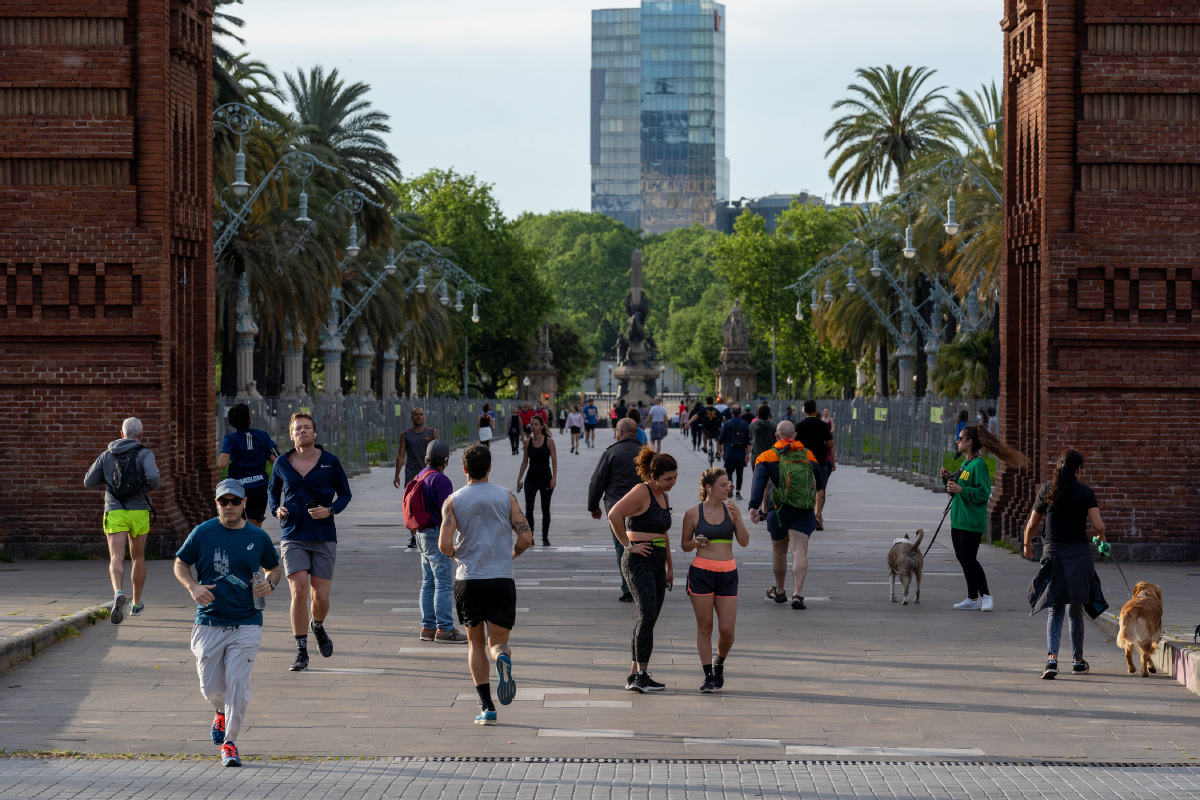Sports in Europe adjust to new reality


Events return with pandemic safeguards in place
The return of sports action in Europe during the novel coronavirus pandemic has been tentative and limited in scope.
Professional athletes have been affected by stringent health and safety measures. Fans have mainly been restricted to viewing events on television, while amateur participants have had to adapt to exercising alone, away from regular training partners and teams.
The global response to the crisis prompted an almost total shutdown of competitive sports at all levels, ranging from community and youth leagues to elite events such as the Tokyo Olympics, the Paralympic Games and the Euro 2020 soccer tournament, which have been postponed to next year.
Last month, professional cycling returned. The sport's much-awaited showpiece, the Tour de France, which was delayed in June and July, is set to begin on Saturday and culminate on Sept 20. The race will be a key test of how a major event copes with the new measures.
Tour de France general director Christian Prudhomme hopes the public will be able to watch the race along the route, as is tradition, but with some safeguards in place.
"The Tour de France will be more important than ever," Prudhomme said. "What will be different? The fact that the Tour comes two months later (than scheduled) means there will be fewer people on the side of the road. The publicity caravan won't be as big. There will be fewer people, but the same smiles will be there, and the race will be broadcast on television."
Cycling's governing body, Union Cycliste Internationale, or UCI, has released guidelines to serve as a template for teams, organizers, race officials, the media and fans of men's and women's road racing. The recommendations reflect the challenges faced by most professional sports.
Cycling website VeloNews reported that the general aim is to test everyone before a race, split teams into "bubbles" to maintain social distancing, and "have a working plan in place if someone tests positive for COVID-19".
The sport's officials and race organizers have drawn up a strategy that follows the lead set by health authorities, but also allows for different conditions in different countries, the site said.
David Lappartient, UCI president, said, "These measures remain dependent on the laws and measures in the different host countries and may need to be adapted, but this protocol is another step toward our sport's return to life."
In Europe, professional soccer, cricket and rugby union, along with other high-profile sports such as golf, tennis and snooker, have adapted to the pandemic by operating behind closed doors with extensive safety protocols in place.























